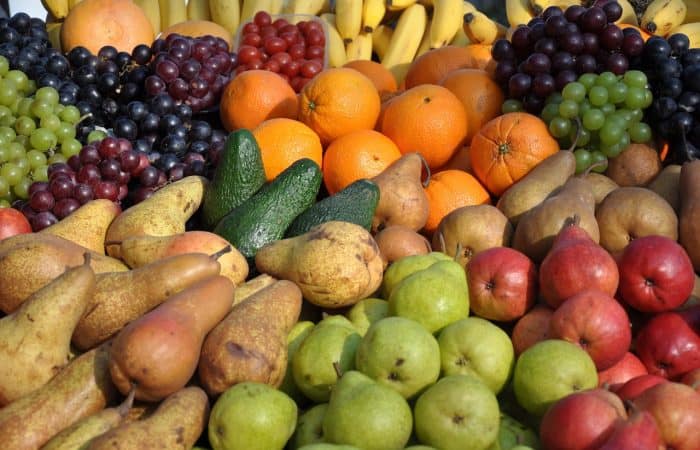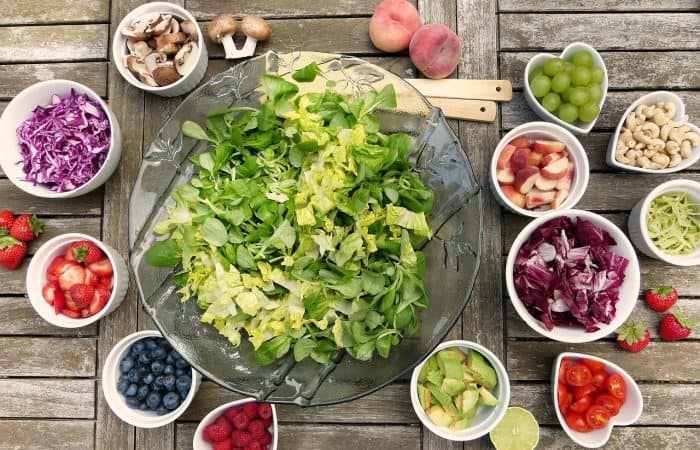The Netherlands has 570 (so-called) coffeeshops, spread over 102 municipalities. The government tolerates the sale of cannabis by these coffeeshops to consumers. However, the production and supply of this cannabis to coffeeshops is not tolerated and is illegal. This Dutch way of handling soft drugs like cannabis was once unique in Europe and across the world.
This tolerance policy was for a long time generally regarded as the most suitable way to regulate the use of soft drugs and limit health risks for users. The idea behind the tolerance policy is that soft drugs like cannabis are less damaging to health than hard drugs, which makes it possible to apply less strict rules.
In the 1970s, this tolerance policy for the sale of cannabis in coffeeshops was introduced to separate the markets for hard and soft drugs. But this separation has also caused problems. More and more, society is drawing attention to the problems caused by the tolerance policy. Mayors in particular have indicated that they experience problems in their municipalities because of this. For example, in the area of public order, public health and subversive crime.
Click on the button below and read the full article Gert-Jan de Jager, food lawyer, has written for ‘Food Lawyers Network guide’.
Read the article
More information
If you have any questions related to this article, please contact Gert-Jan de Jager (gj@kneppelhout.nl).




